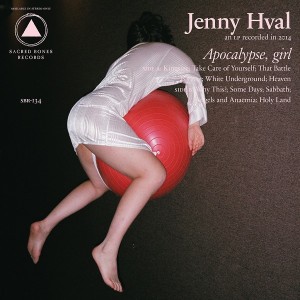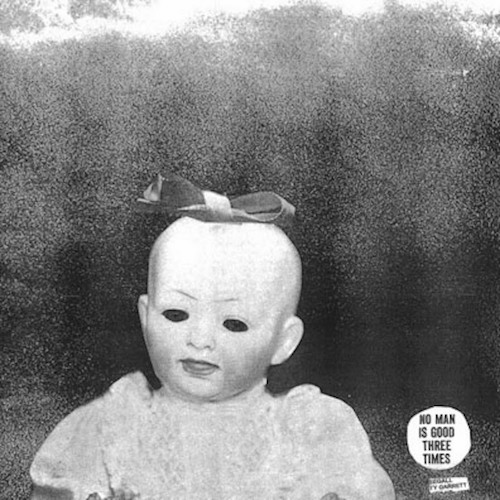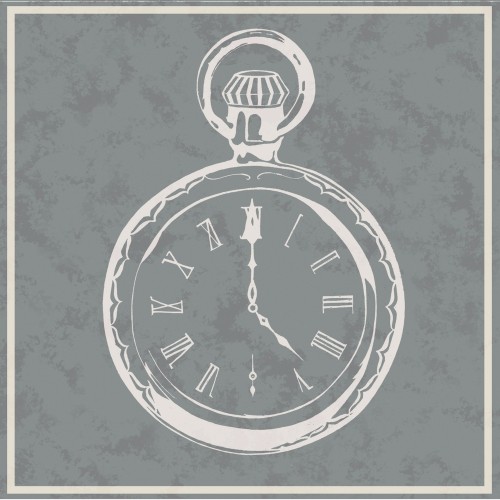 Release Date: June 9, 2015
Release Date: June 9, 2015





With the cracks and pops typically associated with listening to a vinyl record, Norwegian musician/writer Jenny Hval begins her sophomore album, Apocalypse, girl, with the words, “Think big, girl/Like a king/Think kingsize/Did you learn nothing from America?”
The track, “Kingsize,” like most of the songs on the album, combines sexuality and politics in a way that’s unique and disturbing all at once. Hval’s poetic lyrics are raw, and the music that supports them—a ringing sound here, a strum on a harp there—is unconventional. From the start of the album, it’s clear that the songs won’t necessarily be easy to listen to, but are provocative and will invoke introspection.
With electronic, sci-fi-like sounds that moan and squeak, “Kingsize” is a song entirely in spoken word. Hval’s voice is cold—almost robotic—as she states there are “four big bananas” in her lap before explaining how New York City has no subculture or future; “no big bananas,” she says. Each word, despite the sound’s crackling effect, is perfectly annunciated. She explains that the bananas begin to turn brown in her lap. “If you have a child, you better learn how to bake,” she intones.
“I beckon the cupcake/The huge, capitalist clit.”
By the end of the song, the bananas are rotting, and Hval talks of rashes bringing together a community of people, of “four flaccid fingers.” It’s as if she’s comparing American culture with the rotting bananas—it was once flourishing like ripe fruit, but now it’s merely a shadow of what it once was. And with the last line, “Oh, the fruit flies,” Hval has run through the lives of bananas, as well as interjected musings on society. She’s looking for something (“I search the oven/ Scrub the racks/Put my whole head inside, but I can’t find it”), but it seems to be either out of reach, or something that was only ever a dream. Perhaps she’s referencing the disappearance of the American Dream—white picket fence, happy family, stay-at-home mom—and is wondering what society should be dreaming for now.
When Hval does sing, her voice is beautifully mystical, almost like a cross between Grimes’ Claire Boucher and Florence Welch. In “Sabbath,” against a catchy, low-key drumbeat and some intriguing, unidentified sounds, Hval uses spoken word and singing of a youthful dream about being a boy. It’s a song that would be more easily listened to in the background than “Kingsize,” although it’s equally probing. Sexual exploration is examined and turned on its head. The lyrics, “It would be easy to think about submission/But I don’t think it’s about submission/It’s about holding and being held,” suggest sexual fantasies and frustrating social situations for women.
In the end, though, it seems it all comes back to nurturing and feeling nurtured, in some form or another.
“Holy Land,” the album’s final track, is comprised of about six minutes of electronic soundscape, followed by Hval’s slow, melodic singing. Those six minutes attest to Hval’s ability to summon feeling even when she isn’t writing deeply personal lyrics. Her instrumentals, electronic and space-agey as they may seem, are interesting enough to want to keep listening. Her music tends to incite reflection, and “Holy Land” is that way so much so that it’s meditative, especially when Hval’s droning voice comes in.
Strange and otherworldly as it may be, Apocalypse, girl, is a gripping, thought-provoking album that will bring audiences to question their own experiences within society. If nothing else, it will keep listeners so captivated that they have to find out what happens next.
Jenny Hval – Apocalypse, girl tracklist:
- “Kingsize”
- “Take Care of Yourself”
- “That Battle is Over”
- “White Underground”
- “Heaven”
- “Why This”
- “Some Days”
- “Sabbath”
- “Angels and Amaemia”
- “Holy Land”


